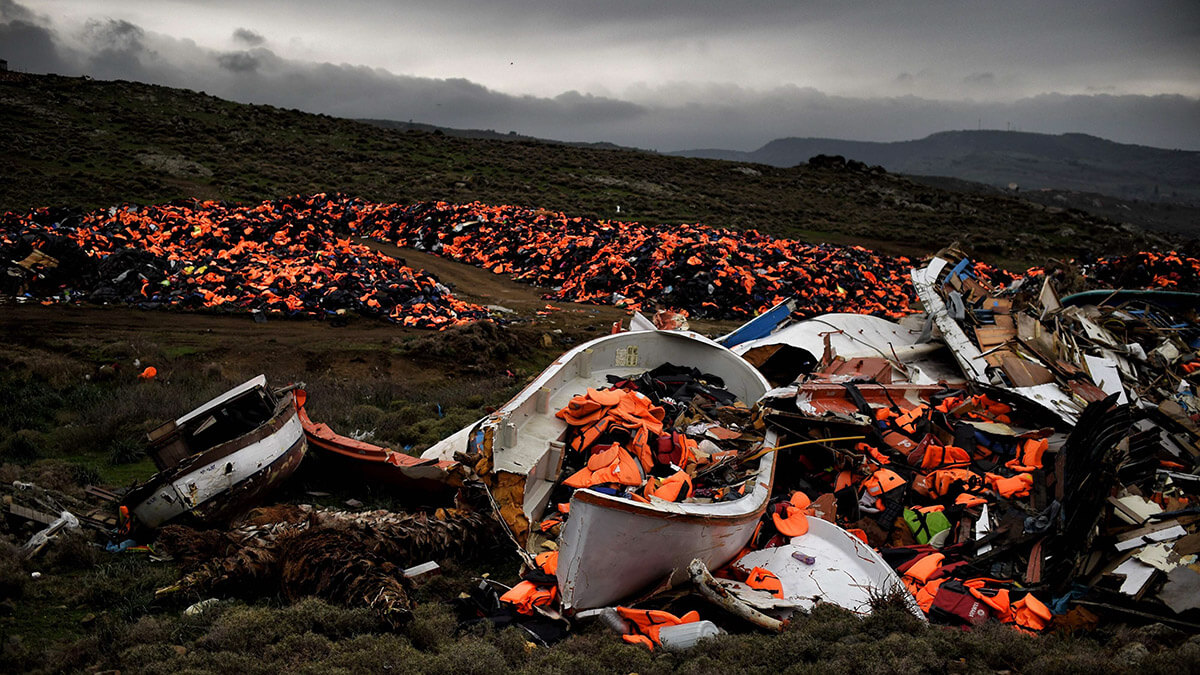Security in the Mediterranean: migration and terrorism

The fact that insecurity has conquered the Mediterranean is not an issue limited to the southern shore. The area has become an unpredictable space, making security concerns a matter of paramount importance. In the Mediterranean, threats now follow a new grammar, in which southern countries should not be perceived as the sole source of instability.
The region now faces a multi-scale threat, in which both terrorism and illegal movements of people play a key role. In its quest for closer ties and prosperous relations with its southern neighbours, notably Morocco, the EU must redefine its relations.

It is true that in many African countries the national landscape is framed by economic fragility and crisis, environmental disasters caused by climate change and demographic growth; factors that favour irregular migration flows mainly towards the Mediterranean. But Europe, instead of promoting measures that try to act at the root of the problem, acts by limiting these African states through selective policies that result in a brain drain. Morocco is the country where the measures are having the greatest negative impact, hampering its burgeoning economic development.
The presence of terrorist groups is also very noticeable on the African continent. However, the people of the southern Mediterranean are aware that they do not have a system of collective security governance that has the capacity to respond in a unified and comprehensive manner to such insecurity-inducing factors.
Efforts to improve this situation have been concentrated in the European Neighbourhood Policy, especially since 2015 when the focus was put on the ‘refugee crisis’. For example, a notable case in point was the EU's development of a migration policy for Tunisia (which, however, turned out to be a failure).
Of course, while it is true that there are dangers to the security of the Mediterranean from the south, one cannot overlook the fact that European terrorist networks have grown considerably. The European continent is also the scene of a number of attacks, highlighting how danger crosses both shores - north and south. Moreover, the ongoing wars in both Ukraine and Gaza only add to the unrest and contribute as risk factors for the region.

Moreover, the stability of the Mediterranean does not depend exclusively on Mediterranean considerations. The actions of actors in other regions have a strong influence. For example, tensions such as the US-China rivalry have a major impact on imbalances in the region. Similarly, the Mediterranean is the chessboard on which NATO and Russia wage their power struggle.
As reflected in the EuroMeSCo Euromed Survey ‘The Future of the European Neighbourhood Policy’, security is the key issue of concern for Mediterranean states. As expressed in the report produced by the network of research centres on the basis of the survey, ‘the majority of survey participants continue to recommend soft security and human development issues as priorities for a new policy approach for the region’.









